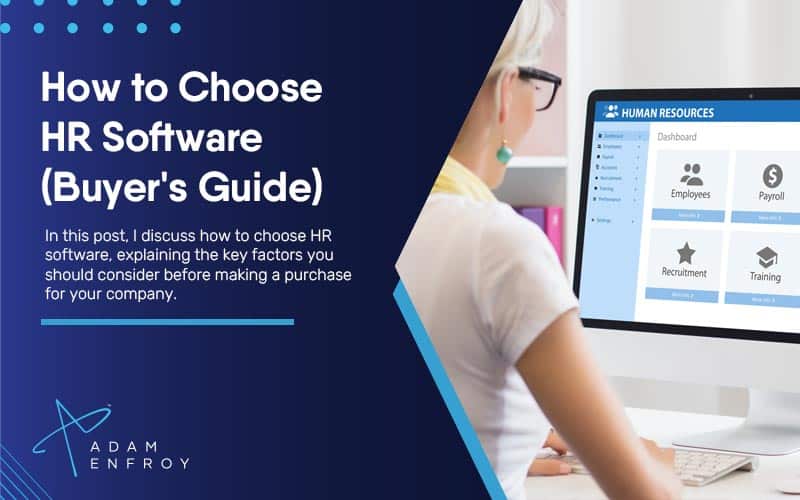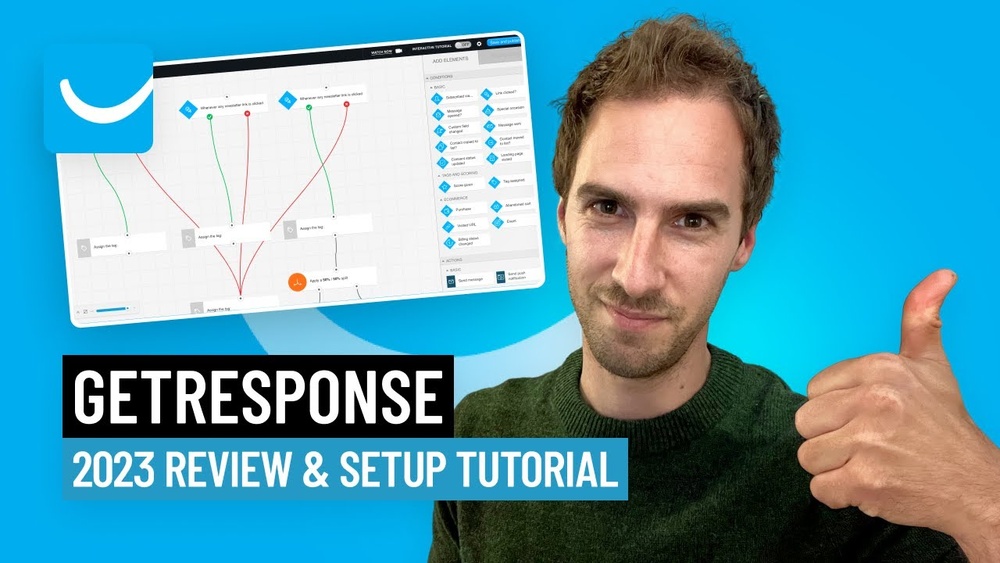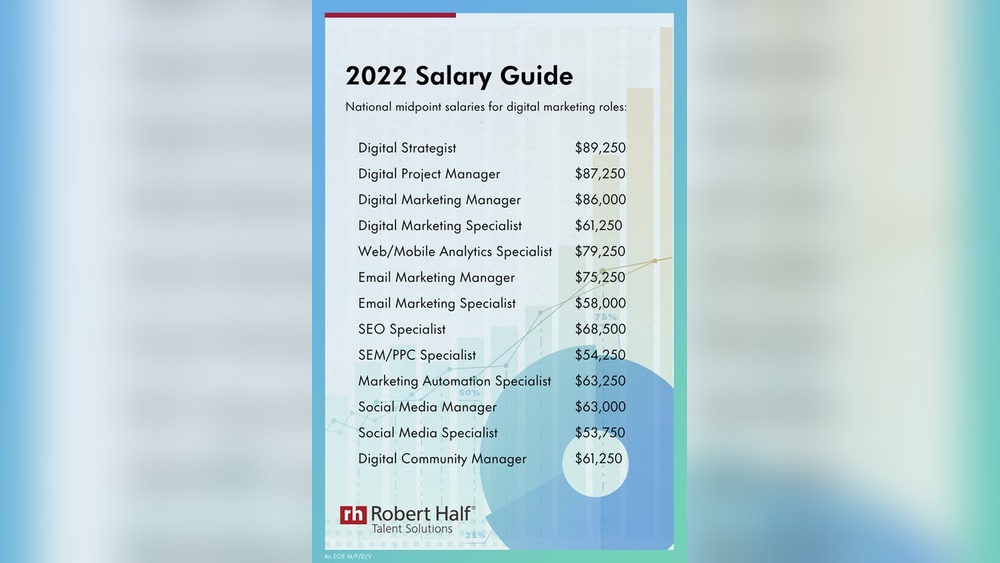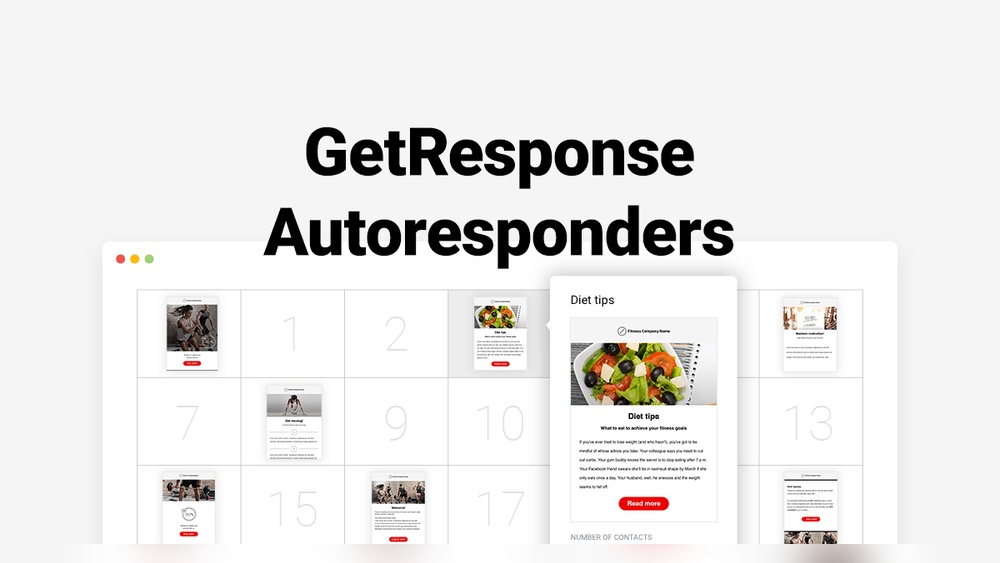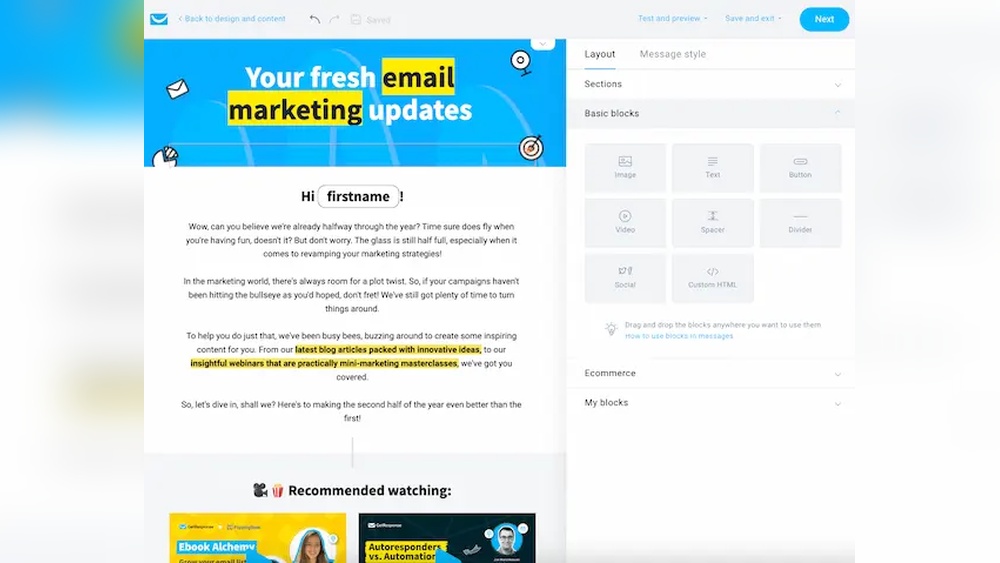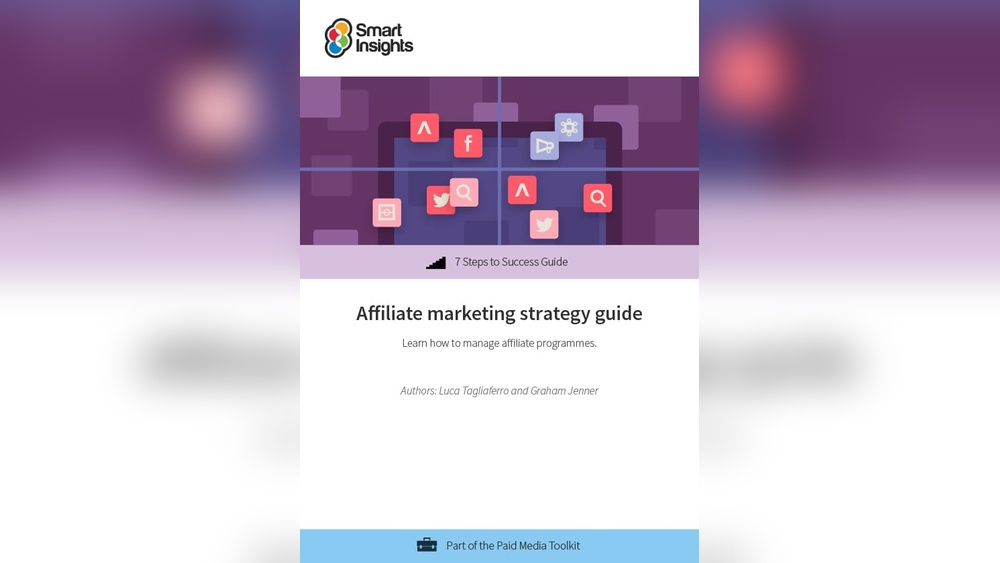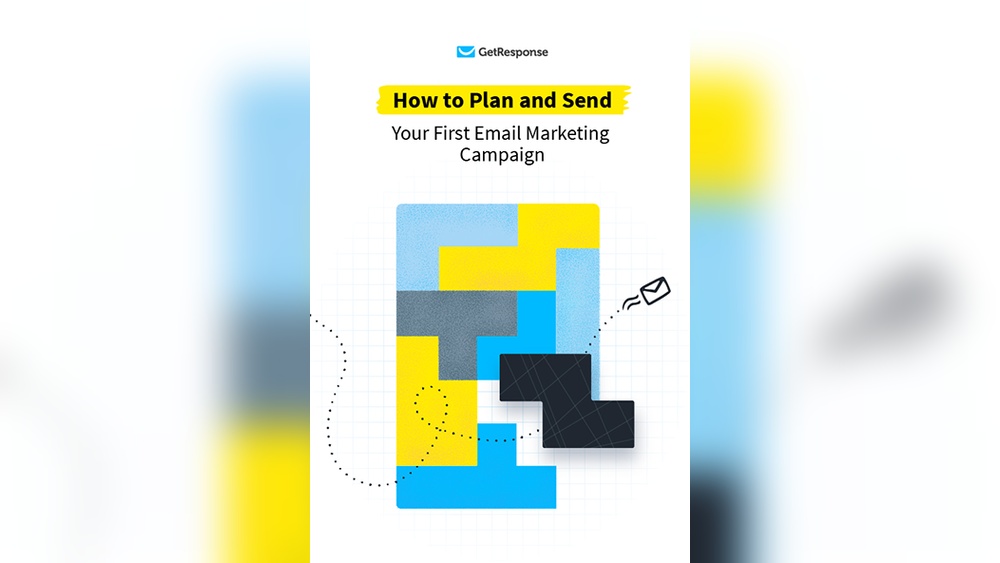There are a few key things to consider when choosing HR software for your business. First, you need to decide if you want a cloud-based or on-premises solution. There are advantages and disadvantages to both.
Cloud-based solutions are usually more affordable and easier to set up and maintain, but they may not offer as much customization or control as on-premises solutions.Next, you need to think about what features you need. The most basic HR software will include modules for employee tracking, benefits administration, and payroll.
But there are many other features that you may want, such as performance management, time and attendance tracking, recruiting and applicant tracking, and learning management. Make a list of the must-have features and the nice-to-have features so you can narrow down your options.Finally, consider your budget.
HR software can range in price from a few hundred dollars to several thousand dollars per year. Be realistic about what you can afford and look for a solution that offers the features you need at a price you can afford.
- Define your needs – Before you start looking for HR software, it’s important to take a step back and define what your needs are
- What problems are you hoping to solve with HR software? What features are you looking for? Having a clear understanding of your needs will help you choose the right software for your business
- Do your research – Once you know what you’re looking for, it’s time to start doing your research
- Read online reviews, compare features, and try out demos to find the best HR software for your business
- Budget – Don’t forget to consider your budget when choosing HR software
- There are a variety of software options available, so be sure to find one that fits your budget
- Implement and train – Once you’ve chosen the right HR software for your business, it’s time to implement it and train your employees on how to use it
- A successful implementation will help your business run more smoothly and efficiently
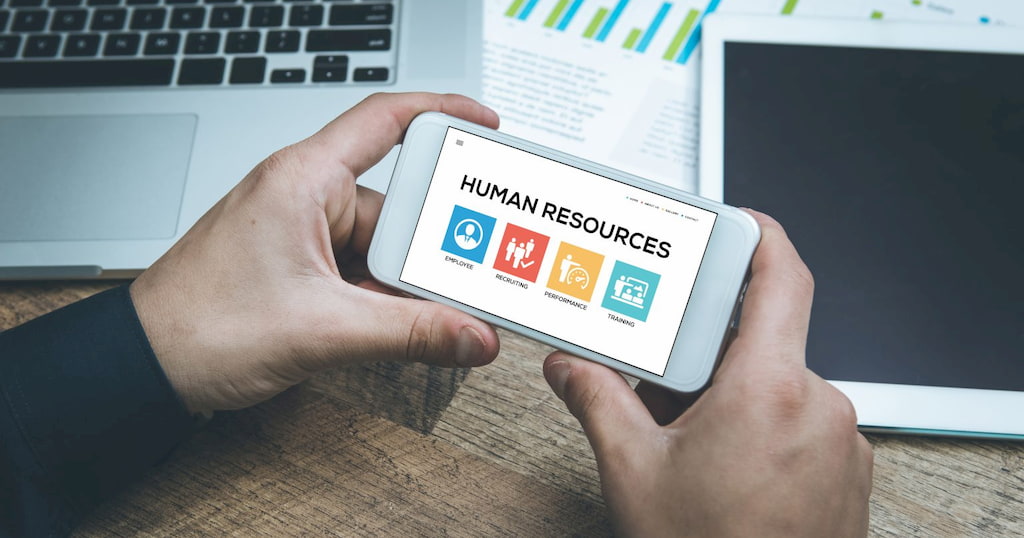
Credit: checkpoint.cvcheck.com
How do I choose the right HR software?
There are a few things to consider when choosing HR software. The first is what features you need. Some software is designed for small businesses and may not have all the bells and whistles that larger businesses need.
Conversely, some software is designed for larger businesses and may have features that small businesses don’t need and can’t afford. The second thing to consider is ease of use. You want software that is easy to learn and use so that your employees can get the most out of it.
The third thing to consider is price. HR software can be expensive, so you want to make sure you get the most bang for your buck. There are a few free options out there, but they may not have all the features you need.
When it comes down to it, you need to decide what features you need and how much you’re willing to spend. Once you’ve done that, you should be able to find the right HR software for your business.
What kind of software does HR use?
There are a variety of software programs that HR professionals use to perform their duties. Some of the most popular programs include:– Applicant Tracking Systems (ATS): These programs are used to track and manage job applicants throughout the hiring process.
– Employee Self-Service (ESS): ESS programs allow employees to access and update their personal information, view their benefits information, and more.– Learning Management Systems (LMS): LMS programs are used to manage employee training and development programs.– Performance Management Systems (PMS): PMS programs are used to track and manage employee performance data.
– Recruiting Management Systems (RMS): RMS programs are used to track and manage the recruiting process, from job postings to candidate interviews.
What makes a good HR software?
Human Resource (HR) software is a tool used by businesses to help manage employee data. This can include tracking employee roles and responsibilities, managing payroll and benefits, and creating and managing employee records. HR software can also help businesses with compliance by keeping track of employee performance and documenting employee actions.
When choosing HR software, it is important to consider your business’s needs. There is a wide range of HR software available, so it is important to choose a system that will work well for your business. Some factors to consider include the size of your business, the number of employees, the types of data you need to track, and your budget.
There are a few key features to look for in HR software. First, the system should be easy to use and navigate. It should also be able to handle a large amount of data without slowing down.
Additionally, the software should be able to integrate with other business systems, such as accounting and customer relationship management (CRM) software. Finally, the system should provide reports and analytics to help you track employee performance and compliance.HR software can be a valuable tool for businesses of all sizes.
By choosing a system that meets your business’s needs, you can help make your HR processes more efficient and effective.
Which is the best HR software for startups?
There is no one-size-fits-all answer to this question, as the best HR software for startups will vary depending on the specific needs of the organization. However, some popular HR software options for startups include BambooHR, Greenhouse, and Zenefits.
How To Choose An HR Software | HR Software for Beginners
Hr software list
There are a lot of different HR software programs out there. So, which one is the best for your business? Here is a list of some of the most popular HR software programs:
1. BambooHR: BambooHR is a cloud-based HR software that helps small to medium businesses manage their employee data. It includes features such as employee self-service, performance tracking, and onboarding.2. Zenefits: Zenefits is an all-in-one HR software that includes features such as payroll, benefits, and compliance.
It’s a great option for businesses that want to streamline their HR processes.3. Gusto: Gusto is a cloud-based HR and payroll software that offers features such as online onboarding, time tracking, and PTO tracking.4. Namely: Namely is an all-in-one HR software that includes features such as performance management, benefits administration, and payroll.
5. Workday: Workday is a cloud-based HR software that offers features such as talent management, time tracking, and expense management.6. iCIMS: iCIMS is a cloud-based HR software that helps businesses manage their employee data and includes features such as applicant tracking, onboarding, and performance management.
Conclusion
Choosing the right HR software for your business can be a daunting task. There are so many options on the market, and it can be hard to know which one is the best fit for your company. Here are a few things to keep in mind when choosing HR software:
1. Consider your needs. What features are you looking for in HR software? Make a list of your must-haves, and then look for software that offers those features.
2. Compare prices. HR software can be expensive, so you’ll want to make sure you’re getting a good deal. Compare the prices of different software programs to find the best value.
3. Read reviews. Once you’ve narrowed down your options, read reviews of the software to get a better idea of what others think of it. This can help you make a final decision.
4. Get a demo. Many software companies offer demos of their products, so you can try out the software before you buy it. This is a great way to see if a particular program is a good fit for your needs.
5. Ask for help. If you’re still not sure which HR software to choose, ask for help from someone who is knowledgeable about the subject. They can offer guidance and advice to help you make the best decision for your company.

